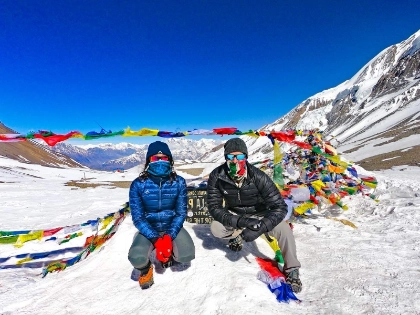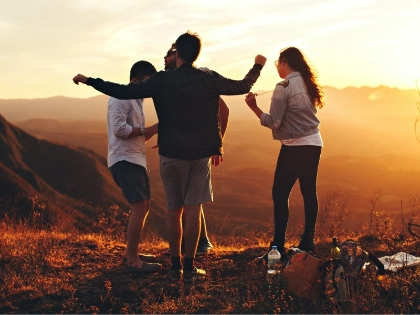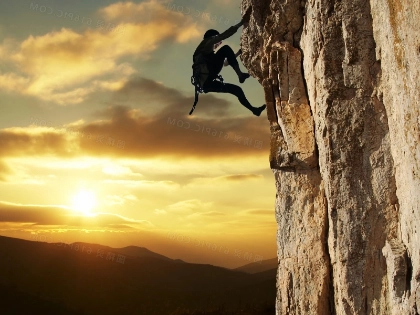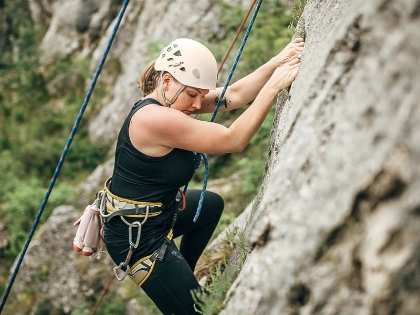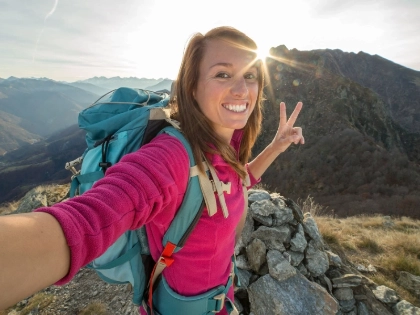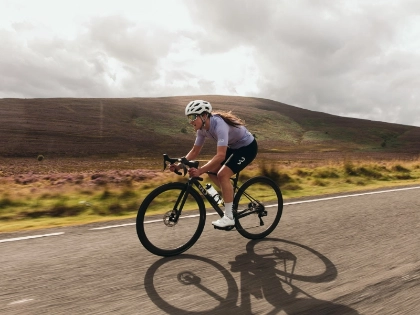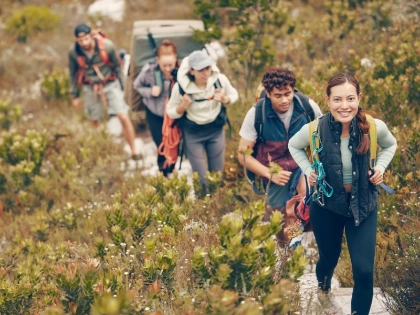How Difficult is Camping?
Camping is the practice of spending the night outside in a makeshift structure, like a tent or an RV. It also entails exploring the outdoors and interacting with other campers. People can detach from their demanding daily lives with its assistance. They can decelerate and unwind while they are in the middle of nature.
1. Setting up a tent

2. Preparing food
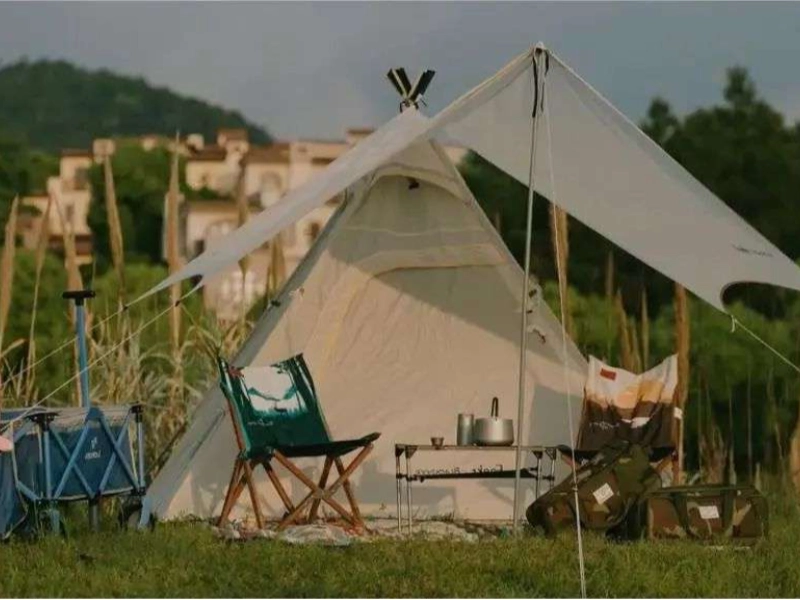 One of the hardest aspects of camping is frequently thought to be cooking. But it might be surprisingly easy if you prepare ahead of time.
It's crucial to prepare ahead of time and have a cooking kit appropriate for the kind of fire you'll be using if you're cooking over a campfire. For most individuals, a simple burner and a few pots should be plenty.
Any food preparation that you undertake at home is also a wonderful idea, as it can make the difference between an easy and complicated meal. Meals in foil packets are an excellent choice because they can be made at home and immediately cooked over a campfire. Additionally, boiling all of the water at your campground for cooking or drinking can eliminate any microorganisms.
One of the hardest aspects of camping is frequently thought to be cooking. But it might be surprisingly easy if you prepare ahead of time.
It's crucial to prepare ahead of time and have a cooking kit appropriate for the kind of fire you'll be using if you're cooking over a campfire. For most individuals, a simple burner and a few pots should be plenty.
Any food preparation that you undertake at home is also a wonderful idea, as it can make the difference between an easy and complicated meal. Meals in foil packets are an excellent choice because they can be made at home and immediately cooked over a campfire. Additionally, boiling all of the water at your campground for cooking or drinking can eliminate any microorganisms.
3. Beginning the Process
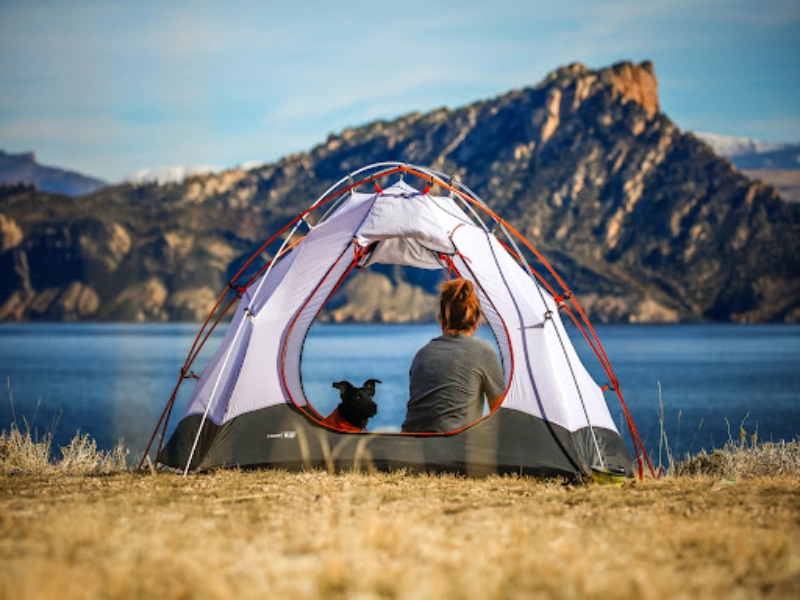 Respecting the environment and avoiding leaving anything behind—including trash—is crucial when camping. In order to prevent any catastrophes in the bush, it also helps to carry a few essential items.
It's a good idea to include a sleeping bag for added comfort and a first-aid kit in case anything goes wrong. In order to stay hydrated, you should also remember to pack lots of drinks and apply sunscreen.
Preparing as much as you can at home is a smart idea. Some examples of this include chopping veggies and marinating meats. By doing this, you may reduce food waste and save time when camping. Using reusable bags, containers, and cutlery is an additional green suggestion. This lessens the amount of plastic waste generated and facilitates meal preparation and storage at your campground.
Respecting the environment and avoiding leaving anything behind—including trash—is crucial when camping. In order to prevent any catastrophes in the bush, it also helps to carry a few essential items.
It's a good idea to include a sleeping bag for added comfort and a first-aid kit in case anything goes wrong. In order to stay hydrated, you should also remember to pack lots of drinks and apply sunscreen.
Preparing as much as you can at home is a smart idea. Some examples of this include chopping veggies and marinating meats. By doing this, you may reduce food waste and save time when camping. Using reusable bags, containers, and cutlery is an additional green suggestion. This lessens the amount of plastic waste generated and facilitates meal preparation and storage at your campground.
4. Dozing
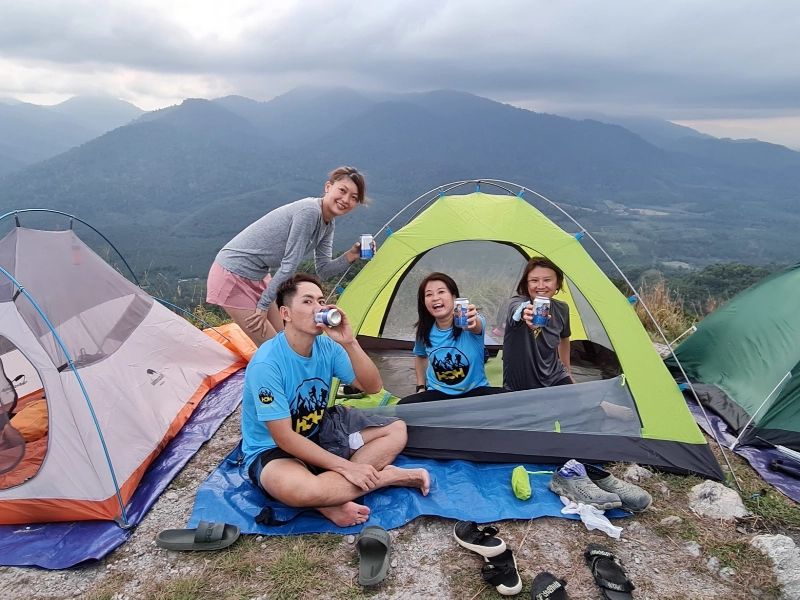 Although camping isn't inherently "difficult," some people find it uncomfortable to sleep outside. Being warm and cozy while camping is essential to a restful night's sleep. It's crucial to have the proper bedding and sleeping bag.
It's crucial to take the appropriate safety measures in case there are any potential animals in the neighborhood. To help ward off intruders during the night, keep a bear horn and lantern close to your tent.
Getting some exercise throughout the day can enhance circulation and promote better sleep at night. After an exciting day of activities, a lot of campers discover that they are more at ease and prepared to go to sleep. Repetition of comfortable behaviors, such as cleaning teeth before bed, can also create a sense of familiarity in unfamiliar environments.
Although camping isn't inherently "difficult," some people find it uncomfortable to sleep outside. Being warm and cozy while camping is essential to a restful night's sleep. It's crucial to have the proper bedding and sleeping bag.
It's crucial to take the appropriate safety measures in case there are any potential animals in the neighborhood. To help ward off intruders during the night, keep a bear horn and lantern close to your tent.
Getting some exercise throughout the day can enhance circulation and promote better sleep at night. After an exciting day of activities, a lot of campers discover that they are more at ease and prepared to go to sleep. Repetition of comfortable behaviors, such as cleaning teeth before bed, can also create a sense of familiarity in unfamiliar environments.
5. Actions
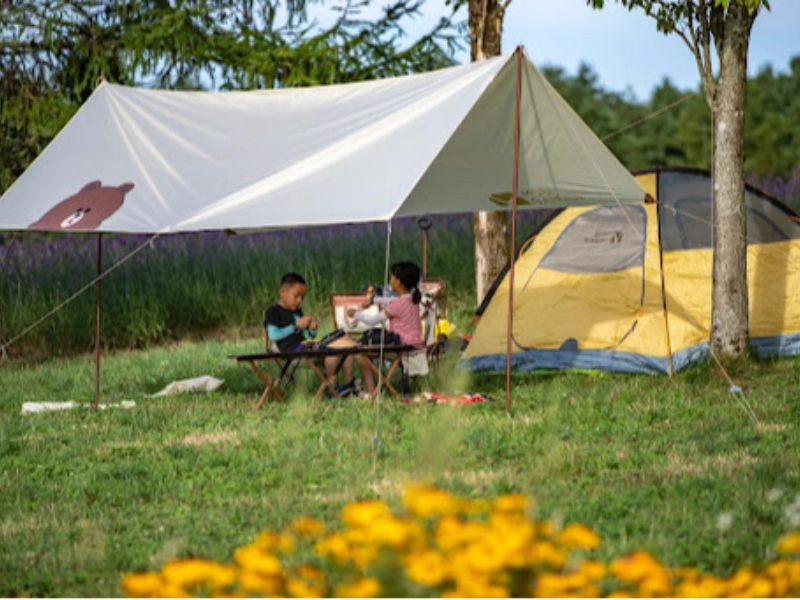 Camping is a leisure pursuit that entails spending one or more nights outside. It can happen in frontcountry campgrounds, in the woods, or inside RVs and campers. People can enjoy nature at various times of the day and night, and they can even come upon wildlife.
It can be challenging for novices to get the idea of camping, and it takes a lot of planning beforehand. They may fail to bring adequate clothing for the weather or overlook essentials like first aid kits. For instance, students ought to bring warm sweaters and thick socks in addition to each pair of shorts.
When going camping, it's better to disconnect from all technology and concentrate on the outdoors. If they must use a device, though, it ought to be kept in silent mode. This keeps other campers from being awakened at night.
Camping is a leisure pursuit that entails spending one or more nights outside. It can happen in frontcountry campgrounds, in the woods, or inside RVs and campers. People can enjoy nature at various times of the day and night, and they can even come upon wildlife.
It can be challenging for novices to get the idea of camping, and it takes a lot of planning beforehand. They may fail to bring adequate clothing for the weather or overlook essentials like first aid kits. For instance, students ought to bring warm sweaters and thick socks in addition to each pair of shorts.
When going camping, it's better to disconnect from all technology and concentrate on the outdoors. If they must use a device, though, it ought to be kept in silent mode. This keeps other campers from being awakened at night.
